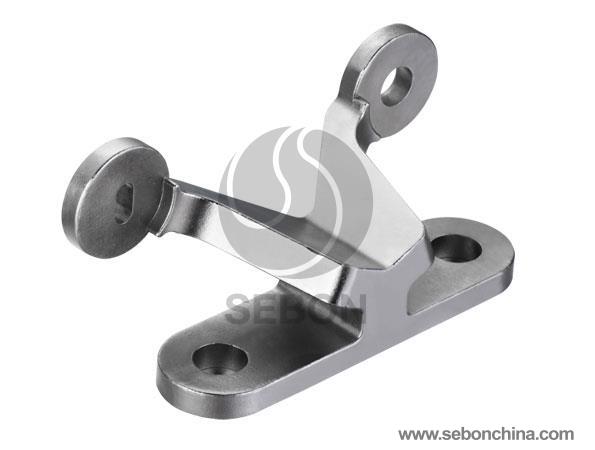
- [email protected]
- 0086-371-86560898

Contact us now for any need or questions about our company or product.

The performance of metal materials
For more rational use of metal materials, give full play to its function, must master all kinds of metal materials under normal working condition of zero, components should have the performance and the performance of the material in the process of hot and cold processing .
Material the use of performance includes the physical properties (such as proportion, melting point, conductivity, thermal conductivity, thermal expansion, magnetic, etc.), chemical performance (durable) corrosion resistance, oxidation resistance, mechanical properties also called mechanical properties.
Material of process performance refers to the material's ability to adapt to the cold and hot working methods.
The mechanical properties, mechanical properties, is refers to the metal materials under the action of external force characteristics of the exhibit.
1, the strength of: material under the effect of external force (load), the ability to resist deformation and fracture. Material load according to the stress per unit area.
2, the yield point (б s) : according to the yield strength, refers to the material in the process of stretch, the material is stress reaches a certain critical value, the load continues to increase, or no longer increases deformation 0.2% . when the stress value of units with Newton/mm 2 (N/was) said.
3, tensile strength (б b) is also called the ultimate strength refers to the material before the snap under maximum stress value. Units with Newton/mm (2 N/was) said.
4, elongation (delta) : material after tensile failure, the percentage of the total elongation and the original gauge length.
5, reduction of area (Ψ) materials after tensile failure, the maximum percentage reduction of area and the original broken size section.
6, hardness: refers to the material's ability to fight other more hard pressure on its surface, commonly used hardness according to the scope of determination of hardness distribution (HBS, HBW) and the rockwell hardness (HKA, HKB, HRC).
7, impact toughness (Ak) : the material's ability to resist impact load, unit is joules/cm 2 (J/cm2).
2, process performance materials to withstand all kinds of processing, the processing ability of the performance.
1, casting performance: refers to the metal or alloy for casting process performance, mainly including flow performance, full of mold ability; Contractility, when casting solidification shrinkage of volume capacity; Segregation refers to the chemical composition of non-uniformity.
2, welding performance: refers to the metal materials by heat or and pressure welding method, the two or more than two metal material welding together, outlet can satisfy the purpose of features.
3, aeration top performance: refers to metal materials can bear awarded performance of upsetting and not broken.
4, cold bending performance: refers to metal materials can withstand the bending without rupture properties at room temperature. Bending degree of bending Angle alpha (outside) or bending is commonly used in heart is the ratio of diameter d on the material thickness a, said a or d/a small, the material of the cold bending property is better.
5, stamping performance: metal stamping deformation under processing without rupture. At room temperature for stamping called cold stamping. Inspection method in cup drawing test.
6, forging performance: in forging processing metal materials can withstand ability of the plastic deformation without fracture.
Three, chemical performance refers to touch metal material with the surrounding medium and the resistance performance of the chemical or electrochemical reaction.
1, the corrosion resistance: refers to metal materials of various medium erosion resistance.
2, oxidation resistance refers to metal materials at high temperature and oxidation resistant skin ability.
